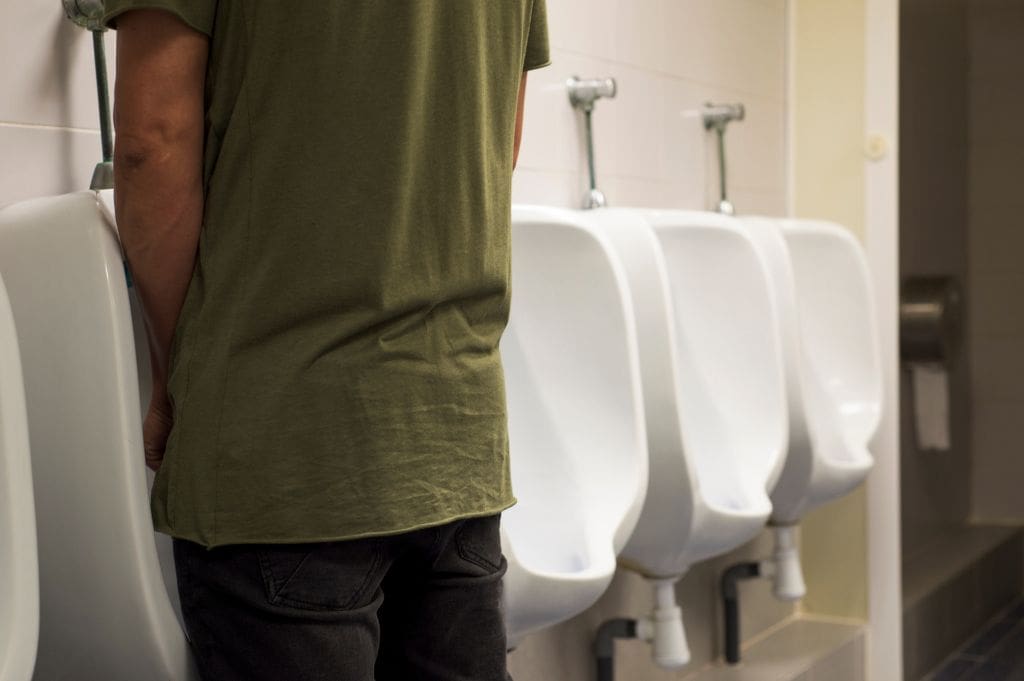
Do IV Make You Pee – QuickDrip IV
Do IV Make You Pee? This is a common question among people considering IV therapy. While many associate IVs with feeling refreshed and energized, they may also wonder about potential side effects, like increased urination.
In this article, we’ll discuss how IV hydration works and answer the question: Do IV Make You Pee? We’ll also discuss the benefits of IV therapy and compare it to traditional hydration methods like drinking water.
Understanding IV Hydration
Do IV Make You Pee? Yes, it’s common to experience increased urination after receiving IV hydration. This is because your body absorbs IV fluids quickly, leading to a temporary increase in urine production.
What is IV Hydration?
IV hydration, or intravenous therapy, involves delivering fluids and nutrients directly into your bloodstream through a needle inserted into your vein. This bypasses your digestive system, allowing for rapid absorption and hydration.
Why Does IV Make You Pee?
Do IV Make You Pee? Yes, it’s common to experience increased urination after receiving IV hydration. This is due to several factors:
- Fluid Overload: When your body receives a lot of fluids through IV therapy, excess fluid may need to be eliminated by increasing urine production.
- Electrolyte Balance: IV fluids often contain electrolytes essential for maintaining fluid balance in your body. As your body adjusts to the increased electrolyte intake, it may also increase urine output.
- Flushing Toxins: IV hydration can help flush toxins from your body, which can also lead to increased urination.
Benefits of IV Hydration
Do IVs Make You Pee?
Yes, IVs can make you pee more. But that’s a normal reaction, like drinking much water.
Why Choose IV Hydration?
- Fast Hydration: IVs can hydrate you quickly, especially when you’re sick or dehydrated.
- Nutrient Boost: IVs can give you essential vitamins and minerals that your body needs.
- Stronger Immune System: IVs can help your body fight off infections.
- More Energy: IVs can help you feel less tired and have more energy.
- Treatment for Many Things: IVs can be used to treat a variety of conditions, like dehydration, hangovers, and some illnesses.
So, Is It Worth It?
While IVs might make you pee more, the benefits are usually worth it. If you’re considering trying IV hydration, talk to your doctor to see if it’s right.

Do IV Make You Pee – QuickDrip IV
IV Hydration vs. Drinking Water: Which is Better?
Do IV Make You Pee?
Yes, IVs can make you pee more. But that’s a normal reaction, like drinking much water.
Why Choose IVs Over Drinking Water?
- Faster Absorption: IVs deliver fluids directly into your bloodstream, working much faster than drinking water.
- More Nutrients: IVs can provide essential vitamins and minerals that you might not get enough of from drinking water alone.
- Best for Severe Dehydration: IVs are the best way to get your body the fluids and nutrients it needs if you’re dehydrated.
- More Convenient: IVs are easy and quick, especially if you can’t drink water or need fluids fast.
So, Which Should You Choose?
Drinking water is important for everyone. But if you’re dehydrated or need extra nutrients, IVs can be a great option. Talk to your doctor to see if IV hydration is proper for you.
FAQs About IV Hydration
Do IV Make You Pee?
It’s a common question, and the short answer is: sometimes. When you get an IV, your body absorbs the fluids quickly, making you pee more for a short time. It’s like drinking a lot of water all at once.
1. Why Do IV Make Me Pee More?
Imagine your body as a sponge. When you get an IV, it’s like pouring water directly into the sponge. The sponge gets full quickly and needs to get rid of the extra water. That’s why you pee more.
2. Can IVs Cause Dehydration?
No, IVs are a great way to treat dehydration. They provide fluids directly to your bloodstream, which can help your body stay hydrated, especially when you’re sick or can’t drink enough fluids on your own.
3. Are IVs Safe?
Yes, IVs are generally safe when performed by a healthcare professional. They use special needles and tubes designed to be gentle on your veins. However, it’s important to tell your doctor about any allergies or medical conditions you have.
4. How Often Can I Get IVs?
How often you get IVs depends on what you need. Your doctor will recommend how often you should get them based on your health and the reason for the IVs.
5. Are IVs Expensive?
The cost of IV treatments can vary depending on the provider, the type of IV, and your insurance coverage. Some insurance plans may cover IV treatments for specific medical conditions.
Conclusion
While IV hydration may temporarily increase urination, its benefits outweigh this minor inconvenience. If you’re considering IV hydration, consult a healthcare professional to determine if it’s right.
Ready to experience the benefits of IV hydration? Contact QuickDrip IV Hydration today in Allen,TX to schedule your appointment.
Related Article:
What is in Your Drip? 7 Powerful Ingredients for Total Body Recharge
